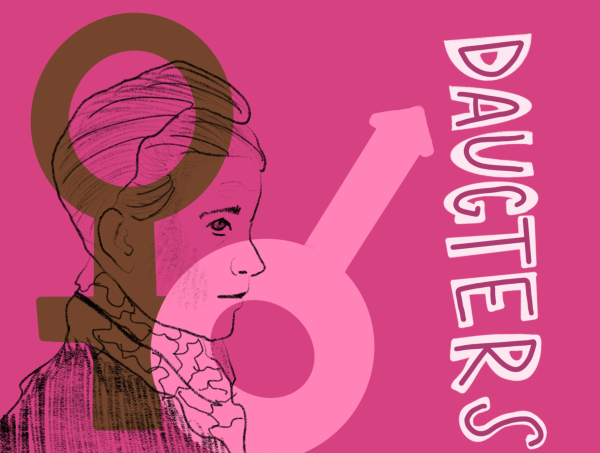Gorman recognized for poetry at Inauguration, Super Bowl
March 2, 2021
Amanda Gorman has gained national recognition in the past months following her groundbreaking recitations of her original poems at both the Presidential Inauguration in January and Super Bowl LV in February. The 22-year-old Harvard graduate, originally from Los Angeles, who has had a passion for poetry since she was young, historically became the United States’ first National Youth Poet Laureate in 2017.
Gorman’s works focus on activism in America, commonly detailing issues of oppression, marginalization, race and feminism. She has written and delivered poems about the climate crisis, empowerment for black athletes and the COVID-19 pandemic, as well as racial discrimination, gaining significant public recognition in the past few years.
Specifically recommended to speak by Dr. Jill Biden, Gorman became the youngest poet to ever recite at a Presidential Inauguration, delivering her original piece, “The Hill We Climb.” The poem, while highly influenced by the riots at the U.S Capitol Building just two weeks prior, emphasized the power of unity and collaboration in the future of the United States, stating, “being American is more than a pride we inherit, it’s the past we step into and how we repair it.”
Gorman and her poem were globally praised for their brilliant composition, delivery and message in the transitioning period of political power in the U.S.
After the response to her inaugural poem, Gorman was asked to speak on the national stage once again, honoring frontline workers in her piece “Chorus of the Captains” at Super Bowl LV on Feb. 7. In an event with traditionally comical commercials, Gorman shifted the tone with her poem that aired right before the coin toss. It served as a reminder of the state of the country during the ongoing pandemic, offering gratitude for essential workers and hope for the future.
With the overwhelmingly positive response to her public recitations, Gorman’s works have become an inspiration to others, as they reflect her passion for art, activism and perseverance. As a woman of color who has overcome a speech impediment, Gorman is a figure of representation that will have a lasting impact on the poetry and activism communities.
Considering the recognition her poetry has received, there is no doubt that Gorman is on the rise towards bigger and greater achievements. As for the hopeful tone she projects for America’s future, it is best summed up in her own words:
“For there is always light. If only we’re brave enough to see it. If only we’re brave enough to be it.”











